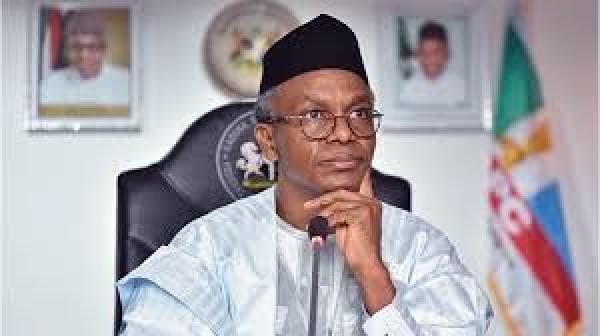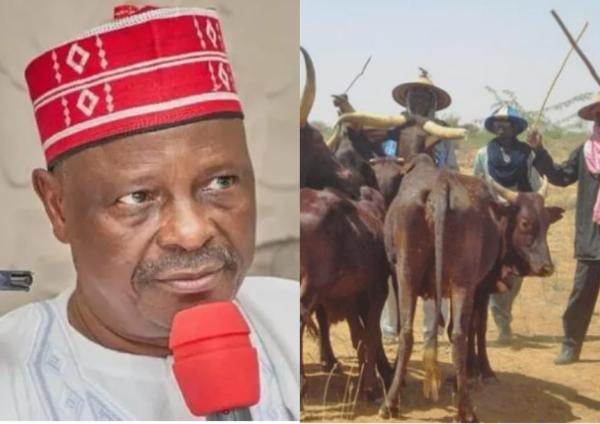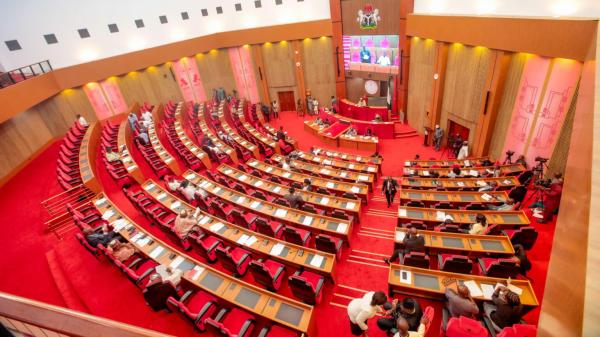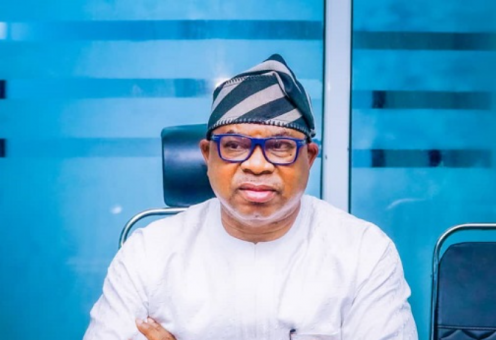
Prof. Wole Soyinka
Nobel Laureate, Prof. Wole Soyinka, on Thursday dismissed claims that he had endorsed some politicians as his presidential and governorship candidates ahead of the February elections.
Soyinka, in a piece titled, ‘Identity Thieves and the 2015 Election Peace Accord,’ warned those spreading the rumour of his purported endorsement of candidates “to be less gullible, and avoid becoming cheap conduits for the deception industry.”
He said, “Let me thus seize the occasion of the Abuja accord to state categorically that I have never made a statement endorsing any presidential or governorship contestant. All such attributions are fabrications by faceless, often self-appointed agents of deception, and should be publicly pilloried.
“Whenever I choose to declare support for a candidate – as is my electoral right – I shall ensure that I deploy a medium that places my authorship beyond dispute.”
Reacting to the peace pact signed by President Goodluck Jonathan and Maj. Gen. Muhammadu Buhari (retd.) on Wednesday to ensure violence-free polls, Soyinka said he was impressed with the outcome of the meeting.
He described the pact as a “positive step in the direction of democracy.”
He commended the efforts of a former Secretary-General of the United Nation, Kofi Annan, and a former Secretary-General of Commonwealth, Chief Emeka Anyaoku, in ensuring the success of the accord.
The Nobel Laureate said if the peace pact was adhered to with sincerity, it would ensure a wholesome space for future elections and avert further violence.
“It might even come close to what the democratic ideal should be, as canvassed by others, including Governor Babatunde Fashola a few years ago,” Soyinka added.
He, however, said he was disappointed that the communiqué issued after the peace meeting made no reference to the victims of political violence.
He said, “From personal interest, however, I was disappointed that the communiqué makes no reference to the violence done to members of the electorate whose identities are stolen, abused and debased during this exercise.
“It is rapidly becoming commonplace to encounter totally fictitious statements, even entire interviews published and attributed to unsuspecting authorship. This criminal proceeding has even involved the cloning of media mastheads to which non-existent interviews are then attached. To render it in local parlance, this is political 419, and of the most despicable brand.
“While it would be unjust to place direct responsibility on the contestants, one must stress that they also have a moral responsibility to denounce these dirty tricksters in the strongest terms, even in their own interest.
“The resentment inspired in victims of such cowardly conduct cannot but impact on their own political image. The media must also protect itself by taking necessary measures against such unprincipled confusionists. It is the democratic right of every citizen to know exactly who is saying what on issues that affect their political choices.
“I take a less serious – indeed, near carnivalesque view of the opportunistic and sometimes de-contextualised use of genuine quotes from statements I have made in the past – that is a different matter entirely. As a non-pensioned writer, however, and thus dependent on the proceeds of intellectual property, such users should expect to hear from my literary agents.
“I join General Abdulsalami and others in hoping that 2015 prove a live-and-learn election year, not a do-or-die!”





















